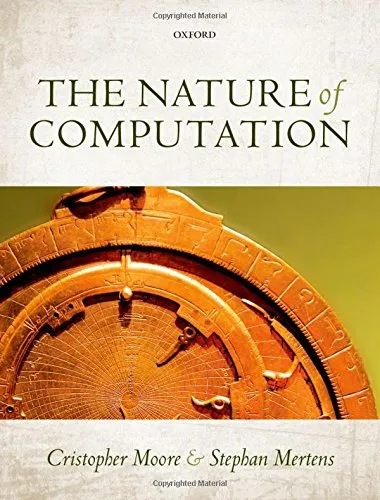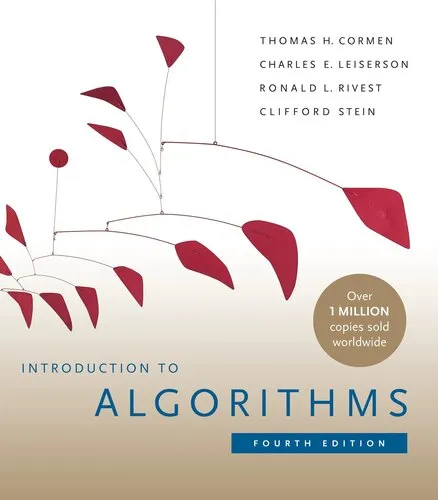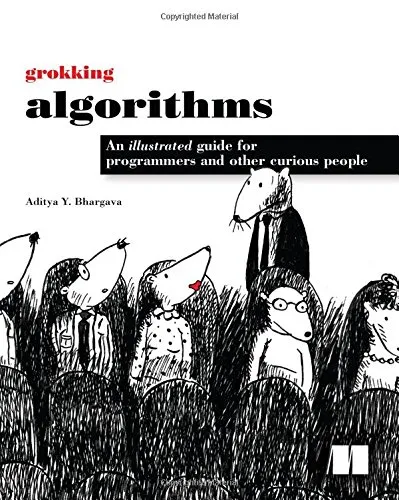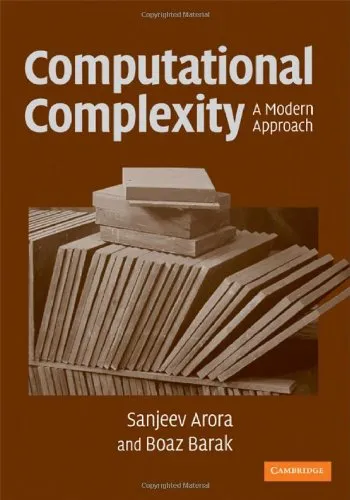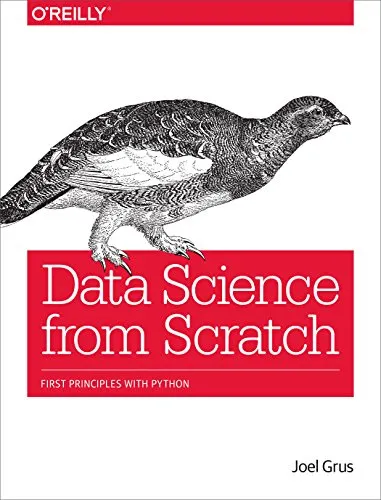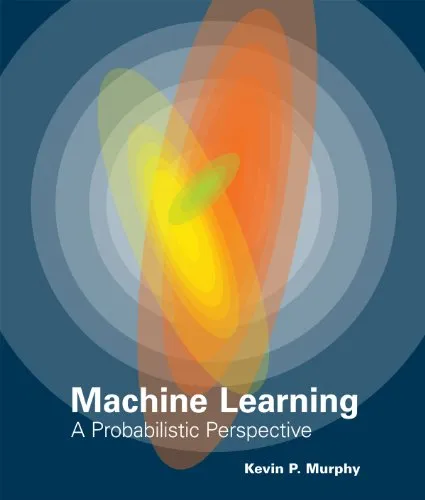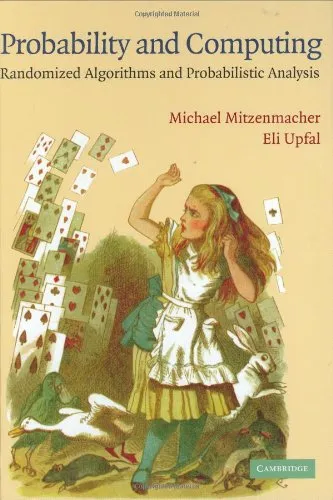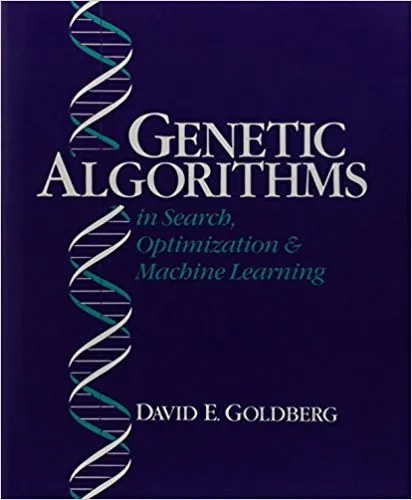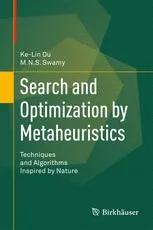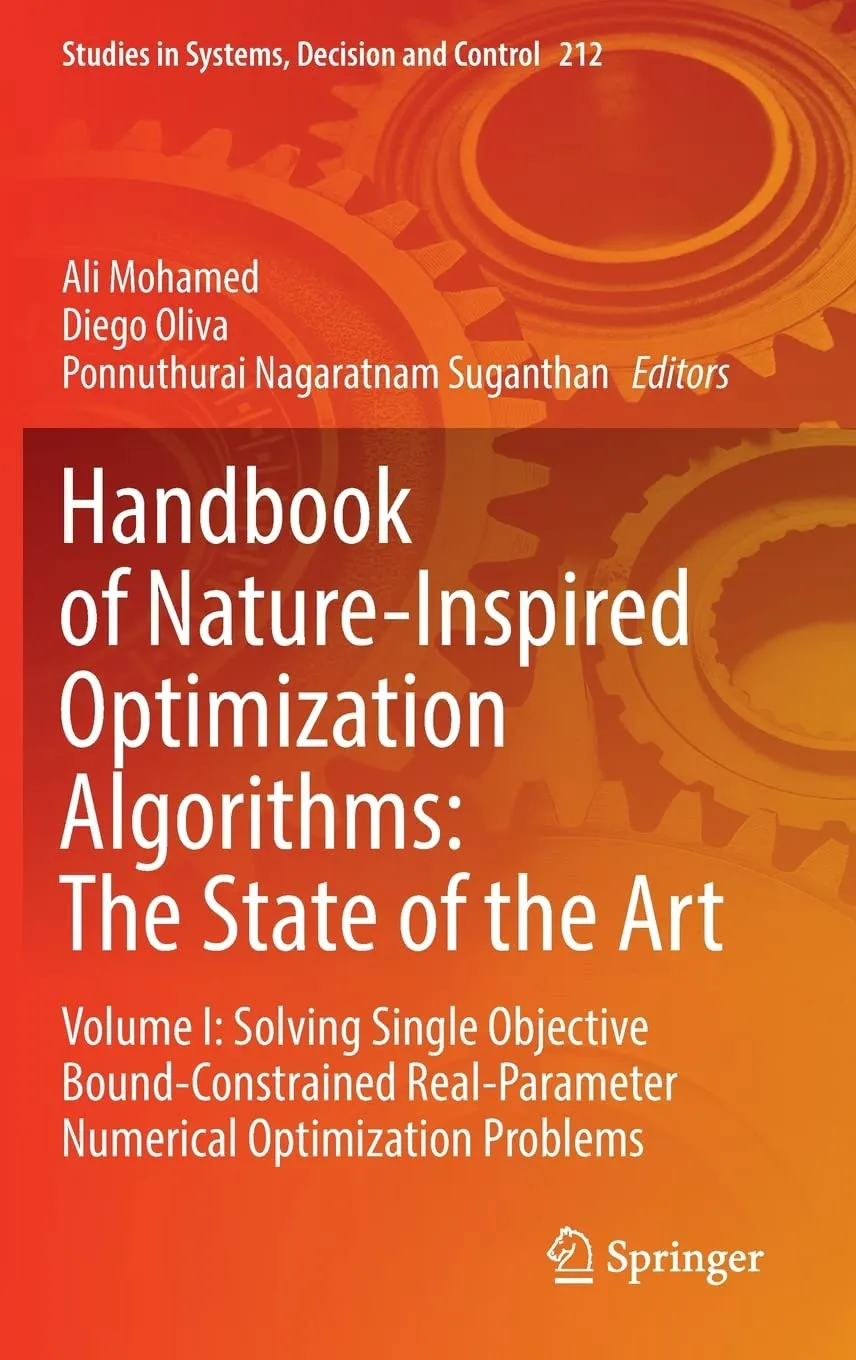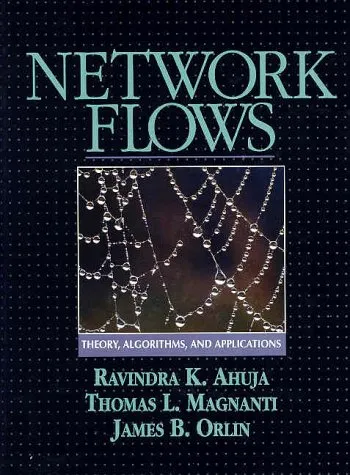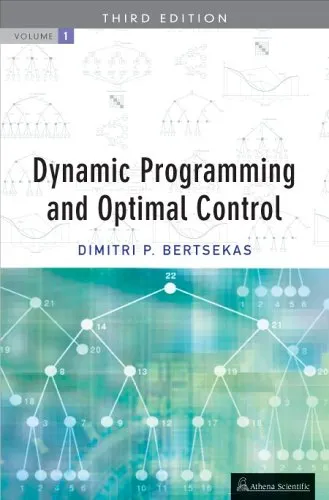The Nature of Computation
4.6
Reviews from our users

You Can Ask your questions from this book's AI after Login
Each download or ask from book AI costs 2 points. To earn more free points, please visit the Points Guide Page and complete some valuable actions.Related Refrences:
Introduction to "The Nature of Computation"
Computers have transformed the way we think about science, society, language, and even ourselves. But what lies at the heart of computation? What are its limits, possibilities, and implications for the natural world and human thought? These are the urgent and fascinating questions that "The Nature of Computation" seeks to address. Written by Cristopher Moore and Stephan Mertens, this book is an essential exploration of the theoretical and practical aspects of computation, combining depth, accessibility, and a touch of humor to make complex ideas come alive.
The book doesn’t merely aim to teach computational theory—it endeavors to inspire curiosity about the foundations of computation through clear exposition, illustrative examples, and compelling problems. Whether you're a computer scientist, mathematician, physicist, or simply someone intrigued by the mysteries of computation, this book offers valuable insights to expand your understanding.
Summary of the Book
At its core, "The Nature of Computation" dives deeply into the fundamental questions of computation. It begins with the basics of automata theory and gradually progresses through advanced topics like complexity theory, algorithm analysis, and quantum computation. The authors deliver this wealth of knowledge with clarity and wit, ensuring that readers of varying expertise can follow along.
Divided into multiple chapters, the book balances rigorous proofs and informal discussions, demystifying abstract concepts without sacrificing intellectual depth. Key topics include:
- What it means for a function to be computable.
- The legendary P vs NP problem and the complexity classes that define computational difficulty.
- Randomized and quantum algorithms, and their transformative potential.
- How computation manifests in the natural world, such as in physics, biology, and even social dynamics.
- Explorations of undecidability and limits set by computation, revealing fascinating boundaries beyond which computers cannot function.
The book intersperses theoretical discussions with entertaining examples, problems, and puzzles, ensuring that readers engage actively with the material. From biological evolution to the computational challenges behind Sudoku, the content is as diverse as it is illuminating.
Key Takeaways
- Computation Unveiled: Gain a profound understanding of what computation truly entails and how it connects to logic, mathematics, and the physical world.
- The Power of Algorithms: Learn how algorithms solve problems, analyze their efficiency, and understand their real-world impact.
- Limits of Computation: Explore the boundaries of what can and cannot be computed, delving into undecidability and the philosophical implications of computational limits.
- Complexity Explained: Decode the mysteries of NP-completeness, the P vs NP problem, and the practicality of solving complex problems.
- A Window into the Future: Discover computational frontiers like quantum computing, offering insights into how emerging technologies may reshape our understanding of computation.
Famous Quotes from the Book
"Computation is not just about solving problems; it's about understanding what problems can and cannot be solved."
"The P vs NP problem is not merely a question about computers; it is a question about the inherent nature of knowledge and creativity."
"Computation is more than a branch of mathematics; it is a lens through which we can view the structure and beauty of the universe."
Why This Book Matters
In an era defined by computation and technology, understanding the principles of computation is more crucial than ever. "The Nature of Computation" equips readers with the tools to navigate our increasingly digital world with confidence and curiosity. By addressing profound questions—such as what computation is and what it can achieve—the book transcends disciplinary boundaries, contributing to fields as diverse as computer science, physics, biology, and philosophy.
The authors manage to bridge rigorous theoretical concepts and practical applications, making this book a valuable resource for students, professionals, and enthusiasts alike. Its engaging style and carefully chosen examples turn abstract topics into an exciting intellectual journey.
Ultimately, this book matters because it challenges readers not just to comprehend computation but to marvel at its power and boundaries. It is an invitation to think critically about the digital fabric of our world and how we might shape its future.
Free Direct Download
You Can Download this book after Login
Accessing books through legal platforms and public libraries not only supports the rights of authors and publishers but also contributes to the sustainability of reading culture. Before downloading, please take a moment to consider these options.
Find this book on other platforms:
WorldCat helps you find books in libraries worldwide.
See ratings, reviews, and discussions on Goodreads.
Find and buy rare or used books on AbeBooks.
1312
بازدید4.6
امتیاز0
نظر98%
رضایتReviews:
4.6
Based on 0 users review
Questions & Answers
Ask questions about this book or help others by answering
No questions yet. Be the first to ask!
